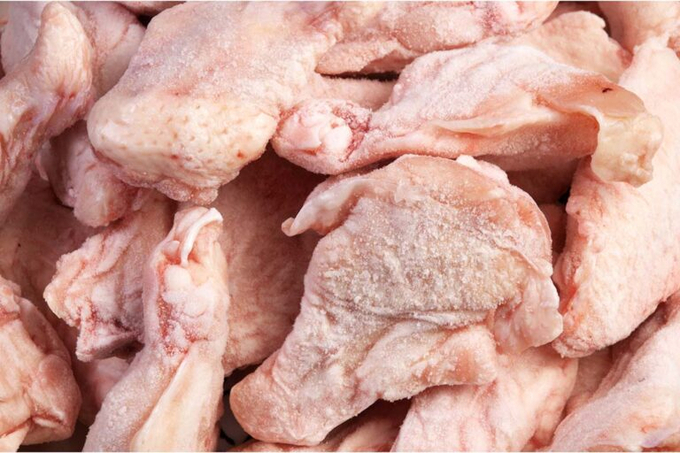November 25, 2025 | 19:38 GMT +7
November 25, 2025 | 19:38 GMT +7
Hotline: 0913.378.918
November 25, 2025 | 19:38 GMT +7
Hotline: 0913.378.918

In 2015, Russia suspended the transit of US poultry for several months. Photo: Canva
The Russian veterinary watchdog Rosselhoznadzor is considering prohibiting the transit of US poultry through the country, Russian state news outlet Ria Novosti has reported, citing a source close to the matter. The measure is justified with a need to protect Russia and Kazakhstan from bird flu, as the Russian officials see the veterinary situation in the US as “unstable”.
In 2015, Russia suspended the transit of US poultry for several months. The source has not specified the timeframe for new restrictions, only emphasising that Russian veterinary officials consider the dynamics of the spread of bird flu in the world troublesome.
The Russian transit ban could undermine US poultry exports to central Asia. In Kazakhstan, where US imports historically played an important role, poultry farmers have backed the idea.
Ruslan Sharipov, president of the union of poultry farmers of Kazakhstan, said that his organisation struggled to restrict imports from the US for the previous 6 or 7 years. He also expressed concerns that US exporters deliver products of dubious quality to the Kazakh market.
“Out there [in the US], this poultry meat is stored at the warehouses for 10 to 15 years. To get rid of it, they export it to our country at a low cost. But it no longer has any nutrients. Have you tasted this meat? It’s like foam,” Sharipov told local press.
Under the Kazakhstan WTO accession agreement, the US has a right to export 128,000 tonnes of chicken legs and 12,000 tonnes of broiler carcasses to Kazakhstan per year, according to Sharipov.
The entire quantities are delivered to Russia by sea, where they are reloaded to trucks or railways to be shipped to central Asia. Sharipov agreed that a threat of “bird flu coming from US chicken is quite real”. It is believed that alternative routes of delivering poultry to the region are associated with high logistics costs.
In addition to Kazakhstan, US poultry is also delivered to other countries in central Asia, though in smaller quantities.
Sharipov also claimed that Kazakh customers would not feel the ban on the US poultry imports. He forecasted that in 2023, the country will manufacture 350,000 tonnes of poultry meat, slightly above the previous year’s level.
The US poultry imports met 20-25% of demand on the Kazakh poultry market.
(PW)

(VAN) Brazil's COP30 presidency pushed through a compromise climate deal on Saturday that would boost finance for poor nations coping with global warming but that omitted any mention of the fossil fuels driving it.

(VAN) Poultry farmers in the UK have been warned that they could face one of the worst winters yet for bird flu.

(VAN) Prices of main-crop paddy have risen sharply, with jasmine rice hitting 16,100 baht per tonne — the highest level in years.

(VAN) In Brazil, FAO unveiled a series of reports and initiatives showing how sustainable agrifood systems are a solution to the climate crisis.

(VAN) With names like neodymium and dysprosium, rare-earth elements sound exotic — and their perceived scarcity has only added to the mystique.

(VAN) In a new study published in Trends in Biotechnology, researchers used a gene-editing technology called CRISPR to increase a fungus's production efficiency and cut its production-related environmental impact by as much as 61%- all without adding any foreign DNA.

(VAN) A top official in Beijing’s Cop delegation says China is committed to clean energy – but US’s absence is a problem.